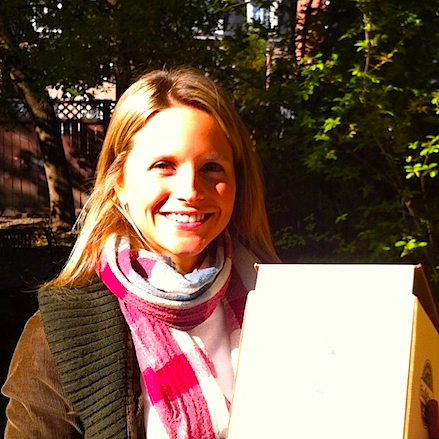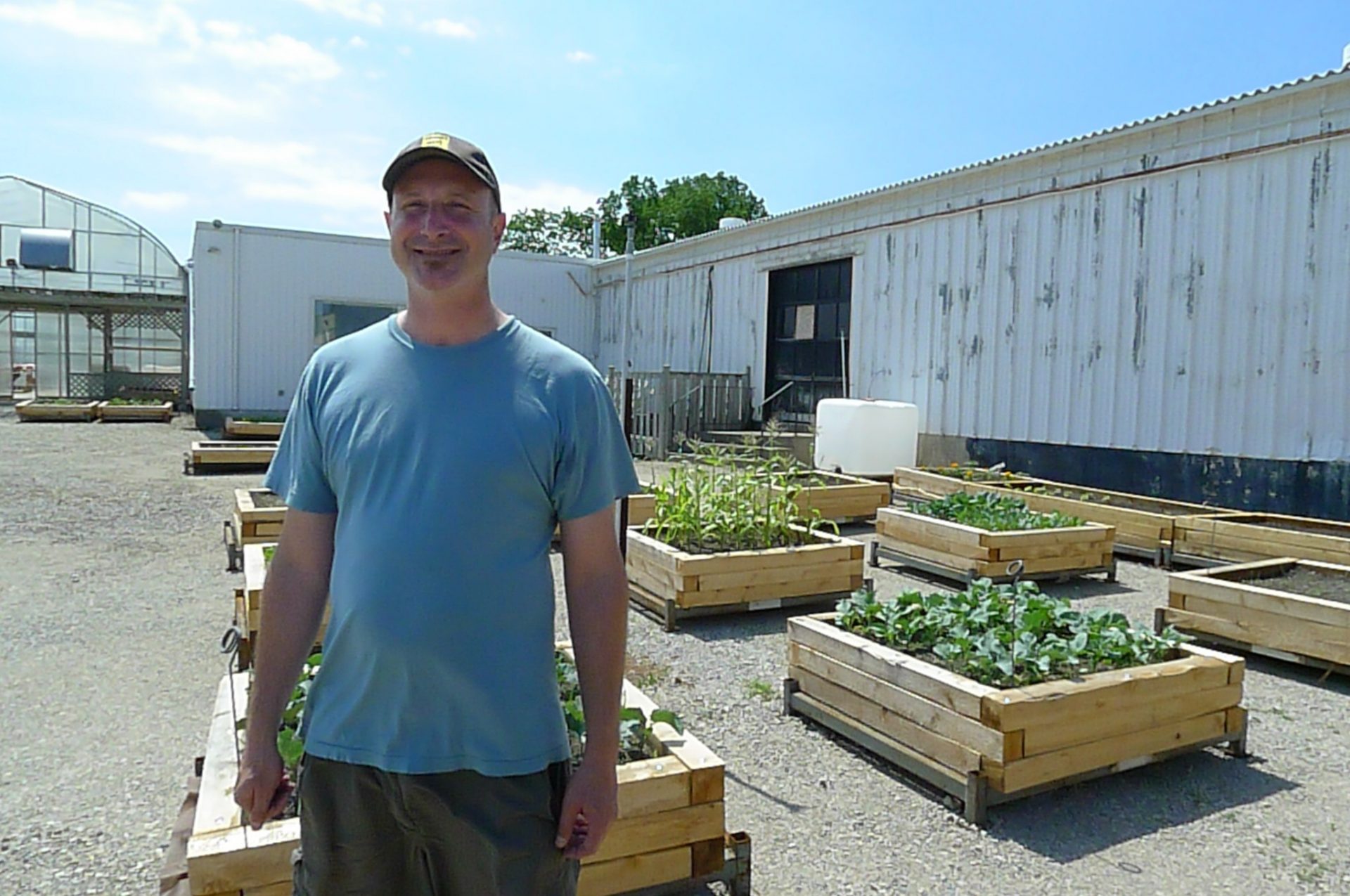This week we sit down for a chat about the preparation of Canadian seal meat with Canadian Seal Products ambassador, chef Nathan Hornidge.
At GFR, we understand that any discussion of the hunting and harvesting of seals has the potential to drift into some very contentious waters, and with this in mind, we attempt to present a balanced discussion focusing, for the most part, on seal meat as a sustainable and environmentally friendly source of nutrition. Indeed, some view seal meat as a Canadian superfood.
Today, Canada is one of only nine countries in the world where a controlled seal hunt is allowed by law; other countries include the US (in the north of Alaska), Sweden, Norway, Iceland, Finland, Denmark (only in Greenland), Russia, and Namibia, the only seal hunting country in the southern hemisphere.
Seal hunting remains a keystone of Indigenous culture and is an essential part of the economic viability of many maritime and coastal communities. Approximately 70% of Inuit households face food insecurity. The high costs of groceries in northern regions and the gradual erosion of traditional food sources and hunting techniques contribute to this challenge. By emphasizing the significance of seal and other locally sourced foods, it becomes evident that they play a crucial role in providing nutrient-rich sustenance. In Canada’s northern communities, where buying meat is expensive, a single ringed seal can provide a family with the equivalent of $200 or more in meat value, along with noticeably improved nutritional advantages.
I feel that it is important to note that seal populations in Canada are in no way endangered and, in most cases, are actually overabundant. All seal hunters are required by law to complete training courses in quality assurance and veterinarian-approved humane harvesting techniques. Today, over 90% of Canada’s seal harvest is achieved using firearms, dispatching the seals in the most humane manner possible. The “seal club” or hakapik regularly pictured in many visceral anti-seal hunt videos, is thankfully a thing of the past.







